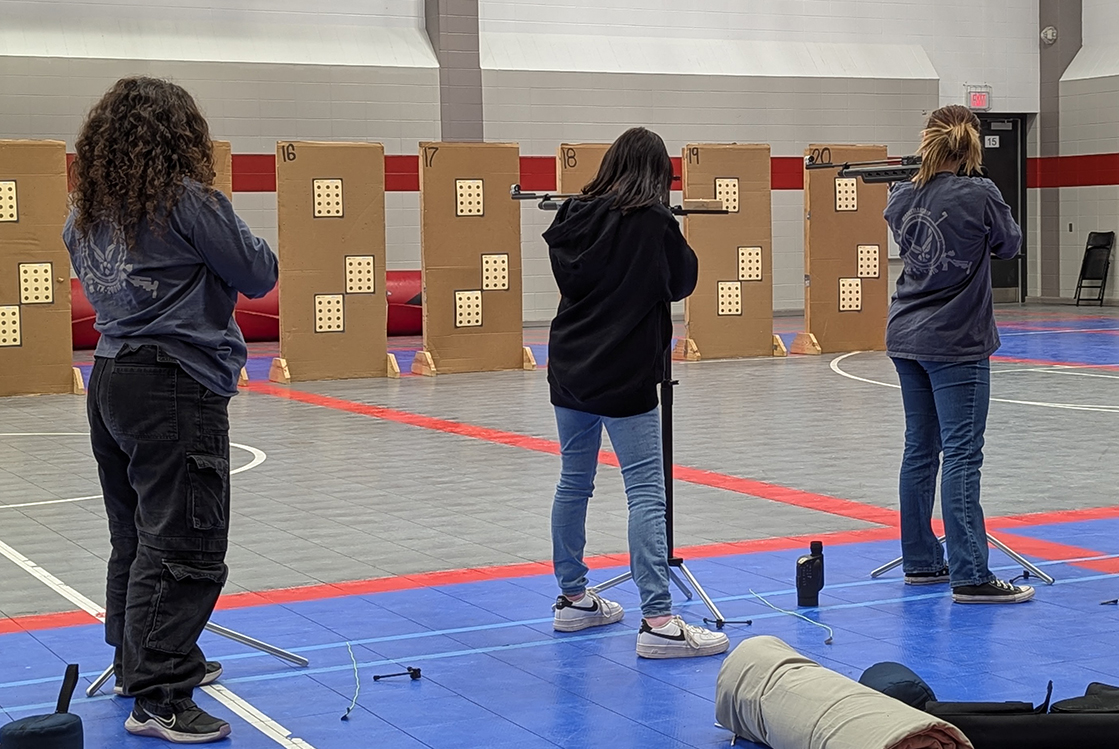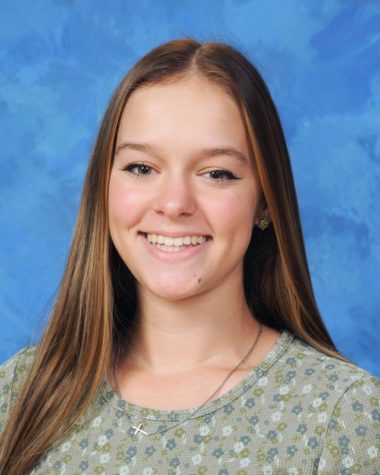After instating a type of block schedule for the 2020-2021 school year to help with safety guidelines during COVID, downtown administration made the decision to continue with a different sort of hybrid schedule model for the 2021-2022 school year.
Principal Lane Buban believes that a true block or eight period day each has pros and cons to how the students and teachers deal with the time allotment for class.
“IB and AP teachers have plenty of time to cover the material on a block schedule,” Buban said. “On the flip side of that it gives a lot of time for remediation in other classes. If we were doing straight block it could be really beneficial, but what we have now doesn’t work very well.”
The school is not currently running with a true block or eight period day, but a hybrid model that some initially thought would provide the best of both worlds, but in practice has fallen flat.
“The feeling of this schedule overall isn’t very good,” Buban said. “It is more disruptive to hit the middle of the week with a block. There’s some benefits, but there are quite a few drawbacks now that we are working through this schedule in real time.”
The idea behind keeping at least part of a block scheduling was to provide additional time in each class period where teachers frequently feel pressed to get all material in during a 45 minute class period.
“Block scheduling allows teachers to go through an entire lesson cycle within the allotted time,” Buban said. “The problem is that not all lessons are able to fit that time frame so teachers are having to find different things to do to supplement that time.”
Although block scheduling can present some difficulties, Buban believes that there is always a way to make things work and be beneficial to students.
“If it is done right, teachers can structure block classes so students have time to do homework or other classwork during down time,” Buban said, “But if it is not structured correctly, then it can cause problems because students don’t always do well with a lot of down time.”
On the opposite end of the spectrum, eight period days frequently do not provide enough time to cover all the material necessary for the class.
“Eight period days are very hectic and fast paced,” Buban said. “On the teacher’s side of things it is very difficult to get all the information to students in that short period of time.”
Teachers are split on which they believe works best for students as football coach and math teacher Matthew Rice believes that eight period days are more efficient and helpful.
“I prefer an eight period schedule over the block because I like to see the students in math everyday,” Rice said. “I think my class flows more smoothly under this method. The block probably affects my coaching more than my classroom because we practice every day whether we have our athletic period or not, we just have to do more outside of the school day on the block days which can lead to a more chaotic schedule.”
English teacher Rae Pennington says that block schedule is easier, even if the periods are a bit lengthy.
“If I had to pick one, I would pick the block schedule,” Pennington said. “I feel like the lessons can be a little deeper and that we can do activities and projects that tend to take a bit longer without having so many interruptions.”
Students have also seen how block has the potential to benefit teachers and students while recognizing the issues outside of an eight period day.
“I prefer block scheduling days because it gives me more time to prepare for each lesson and gives me the ability to do homework within a certain amount of time,” Catie said. “I have much less homework on a block schedule because I was able to do so much in class and get help from the teacher.”
Senior Harmony Smith, feels that block schedule days are much more beneficial than eight period days.
“I prefer the block schedule days because I am able to get more out of the lectures, and complete the homework during class,” Harmony said. “ It gives me more time outside of school to do my extracurricular activities and study for classes.”
Harmony feels that block scheduling allows her to be more involved in her personal life, while keeping up with her academics.
“I was able to get all my homework done with time to do important things like self care and hang out with my family.” Harmony said. “I have friends who agree with this as well even if they didn’t particularly like the block schedule.”
Senior Keeton Scott also prefers block scheduling for learning material, but thinks the eight period days allows more flexibility for the students. Keeton also believes that block scheduling makes homework easier to manage, rather than eight period days.
“The block day eliminates a lot of time in classes that is spent getting settled in and materials out, maximizing potential learning time,” Keeton said. “The 8 period day is more enjoyable as a student because we aren’t required to sit in one place for so long, and it helps us stay focused.”
In the end, Keeton says a mix of both schedules would be the most ideal, and way more efficient for teachers and students, but different from what we currently have.
“My ideal schedule would be an eight period day on Monday, and block days the rest of the week,” Keeton said. “Mondays are the days that are most often off due to holidays. So an 8 period day on Monday would prevent classes becoming unbalanced.”
Keeton appreciated the flexibility the block days allowed by slowing everything down and making classes formatted more like college classes.
“The block schedule made dealing with homework easier,” Keeton said. “By only having four classes a day, it allowed me to focus more on each class instead of trying to pack in work for eight different classes each night.”
As much as everyone wanted to go back to normal for the 2021-2022 school year, it does not seem to be so just yet as students, teachers, and administrators continue to work out through issues created by the pandemic.
“It is impossible to create a schedule that everyone likes,” Buban said. “Downtown administration will continue to evaluate the best options for next year and listen to feedback from all parties involved before making a decision.”











